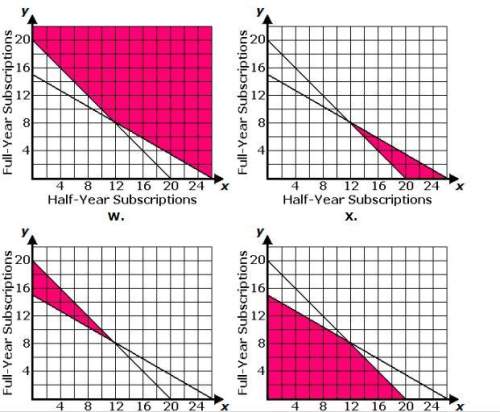
Mathematics, 26.02.2020 02:03 chrisssrutter
Given the following rst-order IVP: (e x + y) dx + (2 + x + yey ) dy = 0 y (0) = 1 (a) Show that this equation is exact. (b) Solve the exact equation for f(x, y) = C. (c) Apply the given initial conditions to nd the value of C that satises the IVP. (d) Check your answer by showing that the given DE above is the dierential of the equation f (x, y) = C (where C is whatever value you got from part (c)), and that the initial condition is satised.

Answers: 1


Other questions on the subject: Mathematics



Mathematics, 21.06.2019 18:30, 420420blazee
You were told that the amount of time lapsed between consecutive trades on the new york stock exchange followed a normal distribution with a mean of 15 seconds. you were also told that the probability that the time lapsed between two consecutive trades to fall between 16 to 17 seconds was 13%. the probability that the time lapsed between two consecutive trades would fall below 13 seconds was 7%. what is the probability that the time lapsed between two consecutive trades will be between 14 and 15 seconds?
Answers: 3
You know the right answer?
Given the following rst-order IVP: (e x + y) dx + (2 + x + yey ) dy = 0 y (0) = 1 (a) Show that this...
Questions in other subjects:



English, 18.03.2021 02:40


Mathematics, 18.03.2021 02:40

Mathematics, 18.03.2021 02:40

Mathematics, 18.03.2021 02:40

Mathematics, 18.03.2021 02:40

Mathematics, 18.03.2021 02:40

Mathematics, 18.03.2021 02:40

 (xy + ex +yey -ey =2y)=
(xy + ex +yey -ey =2y)= + y + ex + yey
+ y + ex + yey + ey
+ ey


